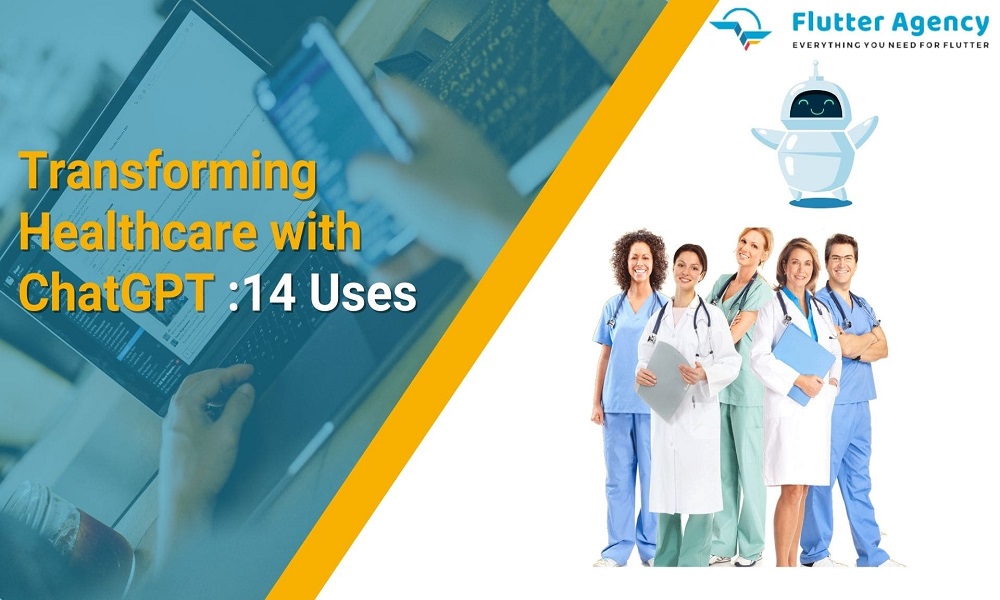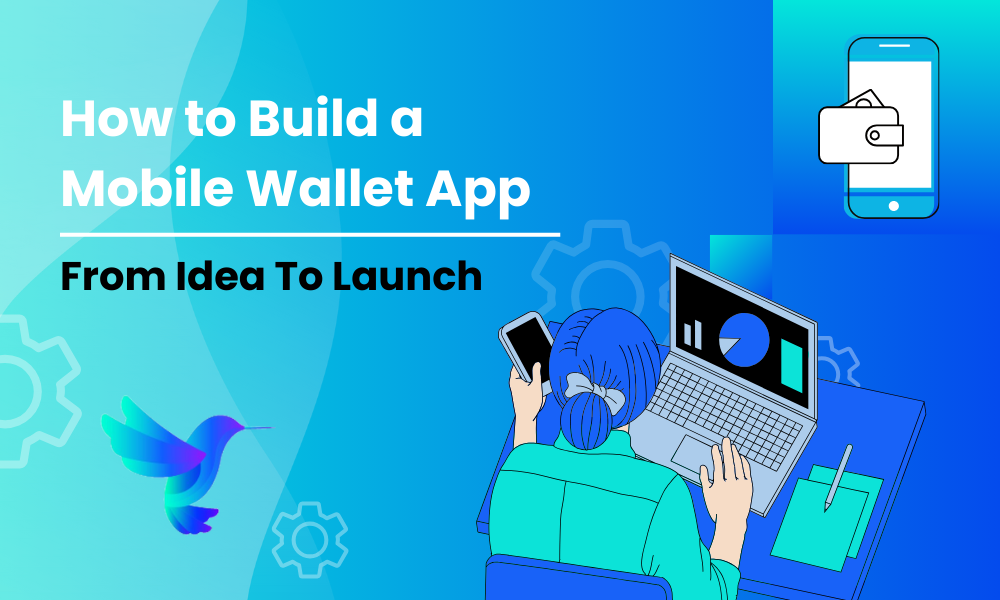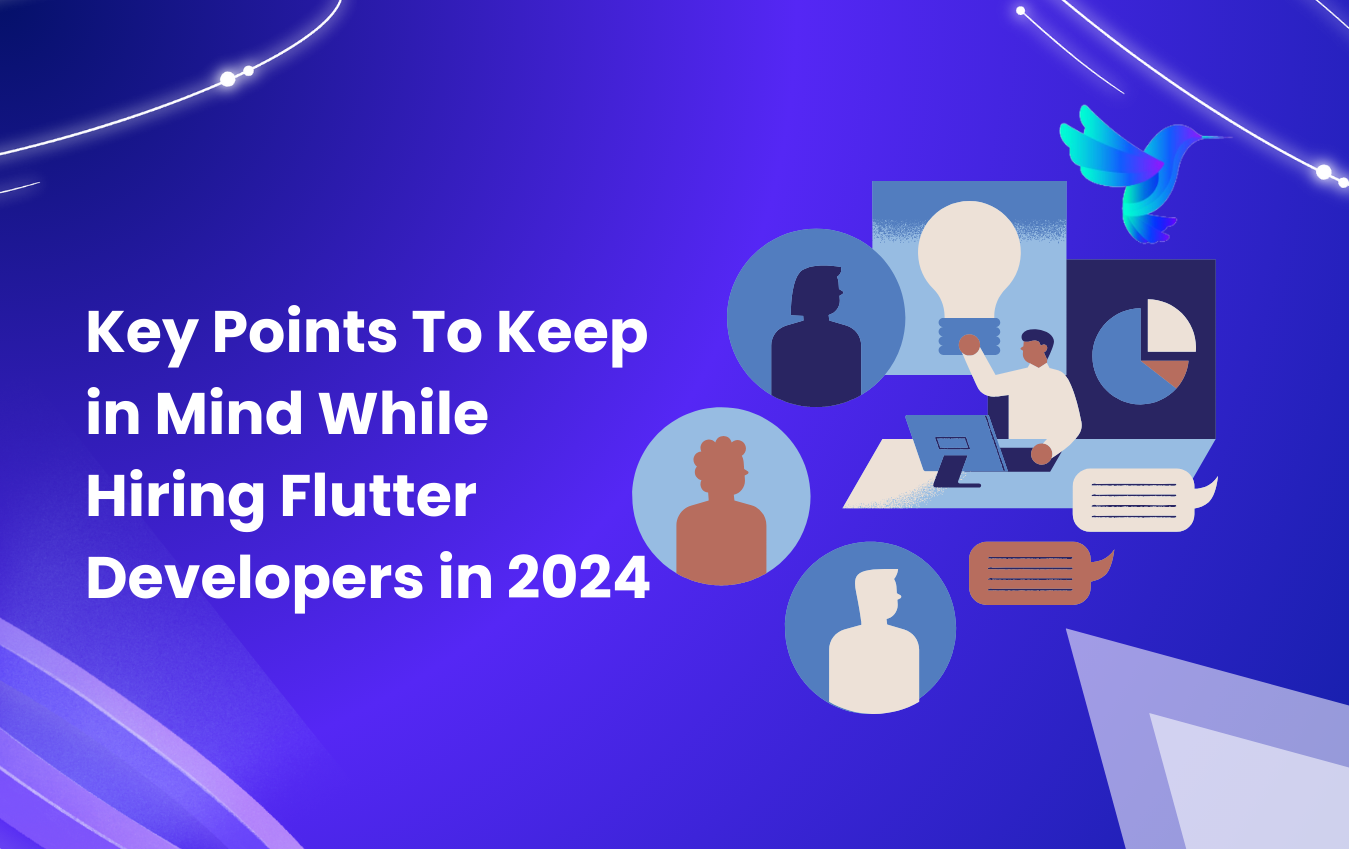Revolutionizing Healthcare with ChatGPT: Top 14 Uses
Over the past few years, artificial intelligence (AI) has created huge and significant advancements in the healthcare industry. The most prominent AI-powered tool is ChatGPT, a natural language processing model OpenAI developed.
ChatGPT can generate a human-like response to a vast range of queries, making it ideal for developing healthcare applications. However, from personalized treatment to remote patient monitoring, ChatGPT is transforming the healthcare providers’ care delivery method.
Let’s see some of the multiple uses of ChatGPT in the healthcare sector and its advantages have revolutionized the change in technology given to patients, doctors, and researchers.
14 Uses with ChatGPT in healthcare
1. Virtual assistants for telemedicine
ChatGPT is used to make the virtual assistant to help patients schedule appointments, receive treatment and manage their health information. However, with the increase of telemedicine, many patients now prefer to receive care from the comfort of their homes. The virtual assistant powered by ChatGPT could provide patients with the guidance and support required to manage their health remotely.
Also, Read This Post:
How Telemedicine Solution Improved Rural Healthcare System In USA?
2. Clinical decision support
ChatGPT provides real-time and evidence-based recommendations to the healthcare team to improve patient results. For instance, ChatGPT is used to suggest appropriate treatment options for the specific condition, fag potential drug interactions, and provide clinical guidelines for complicated medical cases. ChatGPT helps clinicians save time, reduce errors and improve patient care by providing fast and reliable support.
3. Medical recordkeeping
ChatGPT generates automated summaries of patient interactions and medical histories, which helps streamline medical recordkeeping and medical billing. With the support of ChatGPT, doctors, and nurses could dictate its notes, and the model can automatically summarize the essential details, that includes symptoms, diagnoses, and treatments. Medical professionals also use ChatGPT to extract relevant data from patient records, like lab results or imaging reports.
4. Medical translation
ChatGPT provides real-time translation services to communicate between patients and healthcare providers. With advanced language processing capabilities, ChatGPT will accurately and quickly translate medical data, technical terms, and standard expressions. It grants patients to understand their diagnosis, treatment options, and medication instructions.
5. Medication management
It will be challenging for the patients to keep track of the medication and follow the dosage instructions from doctors, especially if they are taking various medications. It helps the patients to manage their medications by including reminders, dosage instructions, and potential side effects. ChatGPT can also deliver the patients information about drug interactions and the other essential considerations which affect medication management.
6. Disease surveillance
Medical experts and regular citizens use the ChatGPT to monitor global health data that provides real-time insights into potential outbreaks and facilitate early response efforts; however, by analyzing large volumes of the data from multiple sources like news reports and public health databases. ChatGPT detects a design pattern and anomalies indicating the emergence of a new disease or a spread of the existing one. This model also provides an automated alert to public health officials, healthcare professionals, and the public. It empowers them to take appropriate measures to prevent the spread of disease.
7. Medical documentation
It helps healthcare experts to write and document medical reports like clinical notes and discharge summaries and provides real-time suggestions and corrections.
8. Clinical trial recruitment
Clinical trials are essential to creating new therapies and treatments for multiple health conditions, but recruiting participants for clinical trials is challenging. It will identify potential trial participants by analyzing a large amount of patient data and identify individuals who meet a trial’s eligibility criteria. Hence, by leveraging ChatGPT’s capabilities, clinical trial recruitment efforts can become efficient, targeted, and effective in reaching a wider audience.
Also, Read This Post:
Artificial Intelligence In Healthcare: Advantages And Applications
9. Creating Symptoms Checker
The symptoms checker is a valuable tool for patients who want to understand their symptoms and determine if they would seek medical attention. Virtual symptom checkers help patients identify and interpret potential health issues. The symptom checker guides the following steps and provides information on self-care measures and tips patients seek before getting medical attention, such as home remedies.
10. Patient triage
They are used to triage the patients by asking them questions about their symptoms and medical history to determine the urgency and severity of their condition.
11. Drug Information
ChatGPT provides real-time information about the drugs, including their side effects, interactions, and potential contradictions. The patient can converse with the ChatGPT using a natural language and model response with accurate and upgraded information. It helps patients to make informed decisions about their medications. It also delivers information about the proper dosage, administration, and storage of drugs and the potential alternatives for patients allergic or intolerant to particular prescriptions. In addition, healthcare providers use the ChatGPT to remain informed about new medications and other essential updates in the pharmaceutical industry.
Also, Read This Post:
Pharmacy App Development: Features, Process & Core Panels
12. Medical Education
It is a lifelong process for the healthcare professional to keep up with the latest research, guidelines, and practices, which can be challenging. It provides instant access to the students’ and healthcare departments’ relevant medical data and resources. It supports an ongoing learning and development process.
13. Mental health support with ChatGPT
ChatGPT is used to provide behavioral health support to patients who are screened for mental health conditions. It provides coping strategies and connects patients with the resources for further help.
Also, Read This Post:
Mental Health App Development: Benefits and Features
14. Remote Patient Monitoring
It is the most popular method to improve patient outcomes and reduce healthcare costs. It monitors patients remotely by analyzing the data from wearables, sensors, and monitoring devices. It provides real-time insights into the patient’s health status. ChatGPT analyzes the data and alerts the healthcare team if the patient’s condition deteriorates or if there are trends and technologies in healthcare development. Hence, it helps the healthcare provider to take care of the patient early and prevent hospitalization or other complications.
Also, Read This Post:
Best Healthcare Apps for Patients Management in 2022
Conclusion
ChatGPT is revolutionizing the field of healthcare with its innovative applications. It provides medical professionals with an intuitive and efficient way to access patient data and streamline their workflow, and improves patient engagement, providing more personalized care. Using ChatGPT, medical professionals can enhance the quality of care and ensure better patient outcomes.
If you want to build your AI-driven solutions, partnering with a healthcare app development company specializing in giving healthcare solutions is the way to go. Don’t hesitate to connect with us!
Frequently Asked Questions (FAQs)
1. Why is wellness necessary in medicine?
Physical wellness promotes proper care of the body for optimal health and functioning. Many elements of physical fitness are that all must be cared for together. Physical wellness encourages a balance between physical activity, nutrition, and mental well-being to keep your body in top condition.
2. What factors influence health?
Health is affected by many elements generally organized into the five health determinants: generics, behavior, environmental, physical influences, medical care, and social factors.
3. Why is health the most valuable?
Health is the greatest asset in everyone’s life. A healthy body gives you strength and energy that helps you to achieve better results in every aspect of your life.
Contemporary ventures
Recent blog
ready to get started?
Fill out the form below and we will be in touch soon!
"*" indicates required fields








